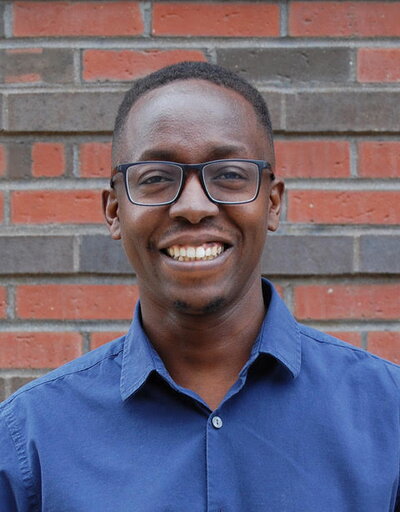
Friday, June 7, 2024
Charles Miller Auditorium
B102 in the Chemical Life Sciences Laboratory (CLSL)
A reception for the honorees and all in attendance will take place in the CLSL-B Atrium immediately following the conclusion of Seminar Two.
Seminar One and Award Ceremony — 3 to 4 p.m.

Dr. Eva Maria Alvarez Pari
Northwestern University
“Electrochemical Approach to Selective Synthesis”
Dr. Eva Maria Alvarez Pari completed her undergraduate studies in Chemistry at Higher University of San Simon and her masters degree in Molecular Sciences at Friedrich Alexander University. She completed her Master Thesis at Oxford University where she worked in palladium-catalyzed desulfinylative C – H functionalization of nitrogen-containing heteroarenes. Afterwards, she continued her PhD studies at the Max Planck Institute focusing on the synthesis of novel three-dimensional small-ring scaffolds such as bicyclopentane sulfonium salts and subsequent reactivity (Minisci, C–N, C–O bond formation) merging photoredox and transition metal catalysis. She is currently working with Prof. Christian Malapit at Northwestern University on organic electrosynthesis towards the generation of electrophilic radical species for selective functionalization of pi-systems (arenes and olefins) to address longstanding challenges in selective and sustainable organic synthesis.
Seminar Two — 4 to 5 p.m.

Dr. William Ndugire
University of Massachusetts Amherst
"Lipid nanoparticle-supported bioorthogonal catalysts for antitumor and antimicrobial therapy"
Dr. William Ndugire received his B.A. in Chemistry from Wesleyan University (Middletown, CT) where he researched microwave spectroscopy under Stewart Novick and Wallace Pringle. He completed his PhD in Chemistry with Mingdi Yan at University of Massachusetts Lowell (Lowell, MA) where he worked on carbohydrate-functionalized gold nanoclusters and polymeric nanomaterials, and their antimicrobial properties. He is currently a post−doctoral research associate in Vince Rotello’s lab at University of Massachusetts Amherst (Amherst, MA) supported by a NIH/NIBIB diversity supplement centered on nanomaterial−supported bioorthogonal catalysts for antimicrobial and antitumor therapies.